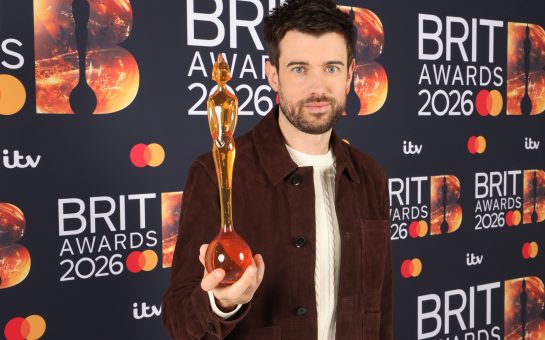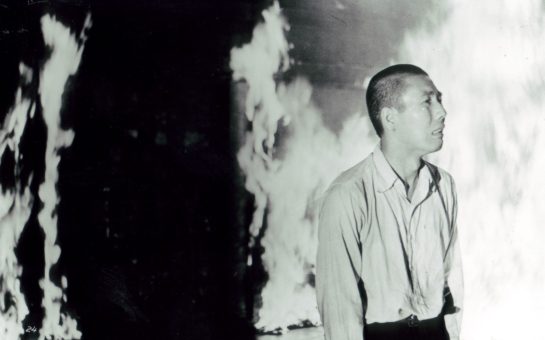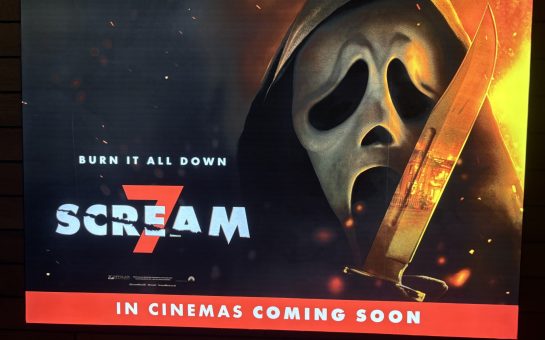A few years ago, iGaming felt like a side street. Casino apps, bingo rooms, and online sportsbooks were there, but they were not mainstream.
Now Manchester players open their phone, scroll for a minute, and a celebrity tells them to spin, place a bet, or try a new app. It is everywhere.
That sudden visibility is not an accident.
It is the marketing machine turning toward fame, because a familiar face still lowers our guard and speeds up the decision to click.
With that in mind, let us take a closer look at the rise of celebrity endorsements in online gaming and its global impact on the industry.
What makes celebs so magnetic in gaming?
Recognition is a shortcut. When people see someone they know, or like, or grew up watching, they project that trust onto the product.
For gambling and bingo, where caution for Manchester players is normal, that trust bump matters.
It permits newcomers to experiment. It also offers brands a story to tell.
Instead of a banner ad with numbers, you get a face, a voice, and a vibe.
There is also the algorithm. Celebrity clips travel further, get more comments, and recycle themselves into memes and short videos.
So the ad becomes content, and the content becomes another ad without anyone calling it that.
The latest celebrity endorsements
Right now, the biggest proof point is mobile gaming.
Royal Kingdom ran a wall-to-wall celebrity blitz across social and video. Downloads shot up, daily users climbed, and revenue followed.
The roster was stacked: LeBron James, Kevin Hart, Jimmy Fallon, Shakira, Amy Poehler, Sofia Vergara, Courteney Cox, Lisa Kudrow.
In esports, the endorsement looks more like an investment and ownership.
David Beckham and Michael Jordan have lent their names and money to teams. Celebrities like Drake and Shaquille O’Neal bring audiences with a single post or stream, which is often worth more than a traditional ad buy.
And in the UK, the best bingo sites have leaned into influencer culture, live events, and photo-ready moments that make the game feel social again, including for Manchester players.
The big names everyone knows
Some partnerships turned into cultural moments. Jamie Foxx became the familiar face of BetMGM in the United States, mixing Hollywood polish with sportsbook promos.
Former Manchester United star Cristiano Ronaldo worked with PokerStars, and that pulled a global football audience toward poker rooms that might have seemed niche before.
Paris Hilton helped brand virtual casino experiences and reminded everyone that iGaming now overlaps with nightlife, fashion, and digital culture.
These are not quiet deals. They trend, they get screen time, and they teach other brands to go bigger with casting and concepts.
WhichBingo’s August feature, Celebs, Bingo Offers, and More, tied celebrity presence to real player incentives.
They promoted a Celebrity Party at Dabbers Bingo in Aldgate, London, with names like David Potts from Celebrity Big Brother, Nicola McLean, Baga Chipz, and TikTok creator Tubz.
Alongside the event angle were no-deposit free spins, weekly bingo promos, and fresh reviews of new sites.
It reads like a recipe, with a touch of star power, a reason to show up in person, and simple offers that make it feel worthwhile.
That blend of pop culture and its perks is exactly how endorsements convert attention into play.
Why it works, and why it is risky
Here is the upside. Trust gets a lift when a face is familiar.
Campaigns travel further because audiences share celebrity clips for fun, not just as ads.
New demographics sample the product because the endorsement frames it as normal, even cool.
Events, in-app moments, and limited-time promos give the community a reason to keep returning.
Now the caution: Saturation can dull the impact. If every brand uses a star, the novelty shrinks.
A bad headline can also splash back onto the platform behind the star. And regulators are paying attention to how younger audiences encounter gambling content.
That scrutiny means operators need better targeting, tighter age gates, and clearer messaging about responsible play.
Practical playbook for brands
If you strip the hype away, successful endorsements in iGaming follow a simple playbook.
First, match the celebrity to the audience, not the biggest possible name, but the most relevant one.
A sitcom icon might charm 30-something casual players, while a footballer speaks to weekend bettors, and a creator speaks to mobile-first gamers.
Second, give the partnership a purpose. A themed event, a limited challenge, a live stream, or a charity angle.
Third, tie a clear value to the moment, a sign-up boost, a free room entry, or a small stack of free spins with fair terms.
Fourth, measure beyond clicks, track retention, repeat visits, and how often players come back after the celebrity heat fades.
Finally, keep the content calendar moving. One splash is fine, a series works better.
Guardrails and good practice
Endorsements that respect players always perform better over time.
That means visible age gates, responsible play signposting, and calm language around risk and reward.
It also means being upfront about odds and terms, especially with bonuses that can look generous at first glance.
For the celebrity, clarity is crucial. If they stream or post, label the partnership, avoid pressure tactics, and keep the tone light.
For regulators and the wider public, that balance matters. It shows the industry can market with style without brushing aside its duty of care.
Final thoughts
Celebrity endorsements in iGaming are not a side act anymore. They sit at the center of how brands grow.
From mobile puzzle ads with sitcom royalty to bingo nights with reality TV guests, the strategy blends familiarity with incentives.
When it is aligned, it builds trust, reach, and buzz. When it is careless, it invites backlash.
The next phase probably looks more blended, fewer one-off TV spots, more creator-led partnerships, more live experiences, and more value stitched into the pitch.
Either way, the famous face is not leaving the feed. For the foreseeable future, it is the headline.
Feature image: Free to use from Unsplash




